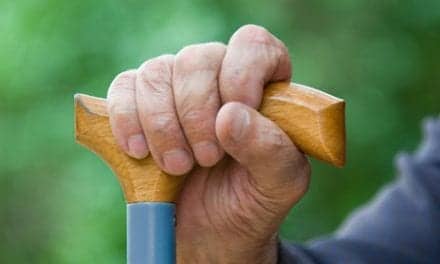An MRI study presented recently at the Radiological Society of North America (RSNA) annual meeting suggests that in obese people, significant weight loss may slow the degeneration of their knee cartilage.
A research team led by Alexandra Gersing, MD, from the Department of Radiology and Biomedical Imaging at the University of California, San Francisco, investigated the association between different degrees of weight loss and the progression of knee cartilage degeneration in 506 overweight and obese patients from the Osteoarthritis Initiative. The patients had either mild or moderate osteoarthritis or risk factors for the disease, a media release from RSNA explains.
The participants were divided into three groups: a control group of those who did not lose weight, a second group of those who lost a little weight, and a third group of those who lost more than 10% of their body weight.
The research team then used MRI to quantify the knee osteoarthritis and analyzed the differences in the quality of the cartilage among the three groups over a 4-year times span, the release continues.
According to the release, the team found evidence that weight loss helped protect against cartilage degeneration, and that a larger amount of weight loss is more beneficial.
“Cartilage degenerated a lot slower in the group that lost more than 10% of their body weight, especially in the weight-bearing regions of the knee,” Gersing states in the release. “However, those with 5% to 10% weight loss had almost no difference in cartilage degeneration compared to those who didn’t lose weight.”
Gersing notes in the release that substantial weight loss not only slows knee joint degeneration—it also reduces the risk of developing osteoarthritis.
Along with moderate exercise, weight loss is one of the primary interventions against the disease, she adds.
[Source(s): Radiological Society of North America, EurekAlert]





